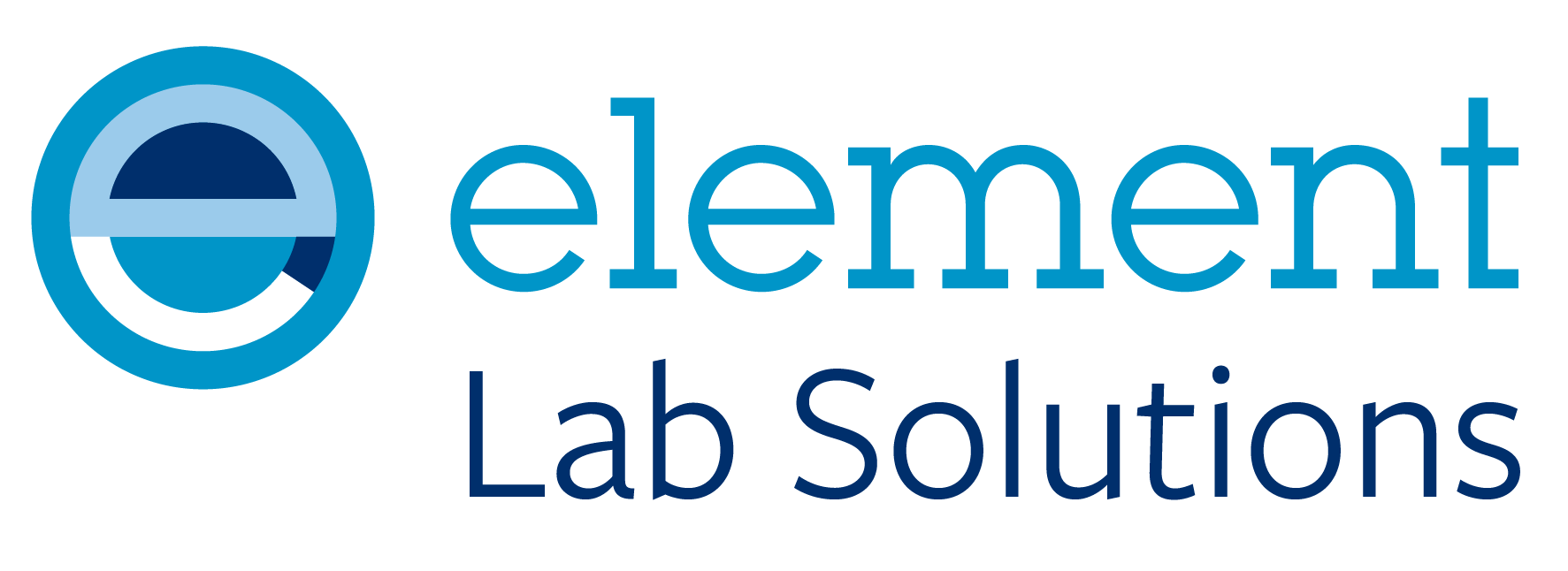GC FUNDAMENTALS
Basics of the chromatographic process, sample preparation, inlet systems, column and detector selection are important topics covered to give the participant a thorough grounding in the technique. Instrument hardware is also covered with basic troubleshooting and maintenance tips as well as an introduction to chromatographic optimisation. This course is not instrument specific.
This course is delivered face-to-face in one day or online in two half-days
We limit numbers to 12 per course so that each delegate gets the opportunity to ask questions and fully participate in tutorial exercises
When delivered on-site we can design the course material to suit your specific training needs
COURSE OVERVIEW
Download Course Details >>
For the less experienced chromatographer or those wishing to update their skills, this course covers the fundamentally important concepts in modern GC analysis.
The different components of the gas chromatograph (gas cylinders and generators, injectors, column oven, detectors, etc) are fully explored, as well as the theory of chromatographic separation, temperature programming, injection techniques and fundamentals of data analysis.
Who this course is for:
This course is for current users of GC, or for anyone interested in gaining a deeper understanding of the chromatographic separation of volatile compounds amenable to analysis by this technique.
Previous knowledge:
No previous knowledge of chromatography is necessary, but knowledge of basic chemistry is beneficial.
What you will learn:
- Basics of the chromatography process
- Sample preparation protocols
- Sample introduction
- Columns and temperature programming
- Detectors
- Measuring and optimising chromatographic parameters
COURSE OUTLINE
Basics of the Chromatography Process:
- Retention mechanisms in GC
- Temperature/retention relationships
- Column theory
- Stationary phase chemistries
Sample Preparation Protocols:
- Principles
- Matrix elimination
- Solvent considerations
- Solvent and Solid Phase Extraction
Sample Introduction:
- Operating principles
- Typical operating conditions
- Optimisation
- Split/splitless
- Cool on-column
- Headspace (on request)
Columns and Temperature Programming:
- Choosing the right phase
- Column geometries explained
- Phase types
- Temperature effects
- Band broadening (van Deemter & Golay treatment)
- Isothermal vs. Gradient operation
Detectors:
- Choosing the right detector
- Operating principles and optimisation
- Typical operating conditions
- FID, ECD, GC/MS
Measuring and Optimising Chromatographic Parameters:
- Efficiency
- Capacity factor
- Selectivity
- Resolution
- Interdependence via the resolution equation
